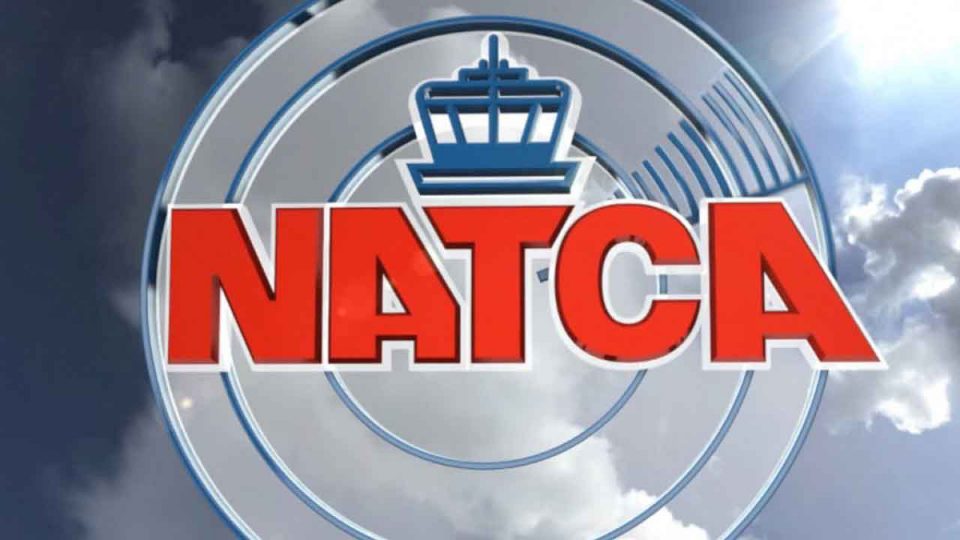Air Traffic Controllers (ATCs), yesterday, rallied the Federal Government behind the local production of aviation fuel and mitigation of the Foreign Exchange (FX) liquidity crisis to save local aviation from collapse.
The ATCs, at the yearly general meeting of the Nigerian Air Traffic Controllers Association (NATCA), in Ibadan, Oyo State, said the government had for too long ignored lasting solutions to perennial challenges of fuel and FX.
Their concerns were not unconnected with the devastating effects of naira free-fall, FX scarcity and the recent astronomical rise in the price of aviation fuel.
Not only have airfares more than doubled to reduce passenger traffic, but at least two airlines have also closed shop with the survivors battling financial constraints and depleted capacity.
Chairman of the occasion, Prof. Anthony Kila, noted that the ripple effect of the fuel crisis had caught up with the economy at large.
Meanwhile, apart from the telecommunications industry, Kila said, aviation is the next to connect humans and cargo. Therefore, the government should not allow the energy crisis to stunt growth in the sector and the economy in general.
He added: “We should create an aviation sector that can create a movement for commerce. The issue of energy crisis should not be allowed in the industry. If we want to make the aviation industry viable, we should look at commerce.
“As a solution, the government can look at establishing a bank of aviation, which will attract other players into the sector, especially investors. Aviation leaders should come together and ensure aviation fuel is refined in the country,” Kila said.
The Professor of Strategy and Development also craved more recognition for ATCs in the country, noting that they play critical roles in ensuring safety on the ground and in the air.
Immediate past Managing Director of the Nigerian Airspace Management Agency (NAMA), Capt. Fola Akinkuotu reckoned that insofar as aviation fuel continued to be imported into the country, its pump price and airfares would continue to balloon.
Akinkuotu lamented that barely three months ago, a one-way Lagos-Abuja business-class ticket was N50, 000. The fare has more than tripled today.
Besides the fuel constraints, he also challenged airline operators to acquire modern equipment to address the problems of ageing aircraft and the high cost of operations.
According to him, “There should be appropriate financial institutions where the airlines can lend money at single digit interest rates to acquire modern aircraft. If the current challenges in the sector are not properly addressed, like the issue of ageing aircraft, we will continue to pay more for flights.
“Three months ago, a business class ticket Lagos-Abuja was just N50, 000 and it rose to N75,000, but today, it is N150, 000 for the same ticket. The government should address the challenges to save the sector.”




